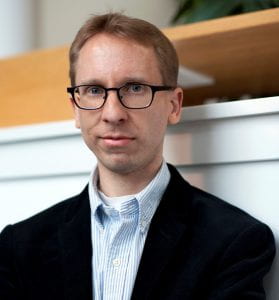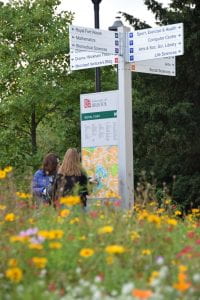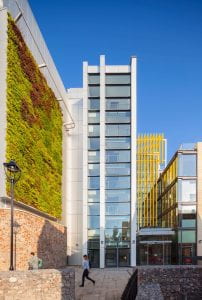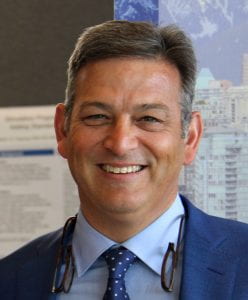As part of the Russell Group of research-intensive universities, we pride ourselves on the high standard of our research output. Since the start of the COVID-19 pandemic, we’ve focused much of our efforts into contributing to the research that helps us understand the coronavirus and the impact it has on our lives. This in turn has had an impact on the ways that many in our staff and student community work and learn.
Gaining real-world knowledge

For some of our master’s students, the real-world events that have been unfolding over the last year have directly impacted their learning experience. For example, Vishal, from our MSc Public Health, has been taking part in theoretical tasks which critically assess what sections of society should receive vaccines first.
“It’s very surreal. It‘s happening in reality and we are the ones who would be working in the background in the future.”
Vishal is going to take this combination of theoretical understanding and practical knowledge forward with him into the future and hopes to work for the World Health Organisation.
Are you considering studying a master’s with us? Register for our virtual events running throughout March to find out more.
Academics in the public eye
The pandemic has thrown many of our academics into the limelight. The far-reaching impacts of COVID-19 can be assessed from the perspective of any discipline or subject area, ranging from science, to policy studies to economics. Here’s a few examples of the research being conducted at Bristol:
- In a ground-breaking study, a team of researchers headed by Professor Christiane Schaffitzel from Bristol’s School of Biochemistry and Professor Imre Berger from the Max Planck-Bristol Centre for Minimal Biology, discovered a ‘druggable pocket’ in the SARS-CoV-2 Spike protein that could stop the virus in its tracks. This discovery led the team to being hailed the ‘Pride of Bristol‘!
- If you’ve been glued to the news like us, you might have seen or heard from Professor Adam Finn. Professor Finn is a Professor of Pediatrics at Bristol and has been featuring in interviews for a variety of media channels. Recently, Professor Finn has contributed to the creation of the COVID-19 Vaccination Communication Handbook, has been running a number of vaccine trials here in Bristol and he has been helping our student community by featuring in mythbusting videos.
- Researchers in the National Institute for Health Research (NIHR) at Bristol led the analysis of seven trials which found that corticosteroids reduce risk of death by 20 per cent in critically ill COVID-19 patients.
- Perhaps you’ve come across Dr Nilufar Ahmed, a Lecturer in Social Sciences here at Bristol. Dr Ahmed has produced work which will help us understand the impact of COVID-19 on BAME and marginalised communities, the response of communities to government advice, and the mental health crisis that will hit services as a result of the pandemic. Dr Ahmed has also recently been interviewed by the BBC to provide advice on how to be healthy and productive while we continue to work at home.
- Many of our academics have been working to understand how our economy will be affected, including Dr Daniel Tischer, a Lecturer in our School of Management. Dr Tischer has been researching into the way the pandemic may speed up our inevitable move to a cashless society.
- Thanks to a collaborative project which included a team from the University of Bristol last year, singing was deemed no more risky than talking. This study is crucial in providing guidance on how we can safely begin to attend live musical performances once again.
These are just some examples of the work of our diverse research community, consisting of postgraduates, staff and academics from a variety of disciplines. We’ve also partnered with institutions in over 40 countries around the globe, ensuring we are drawing on the expertise and knowledge of the very best teams. The COVID-19 pandemic has highlighted just how important the role that universities play is in our society, and we are proud to have such an amazing team of staff and students, working together to combat the virus.







